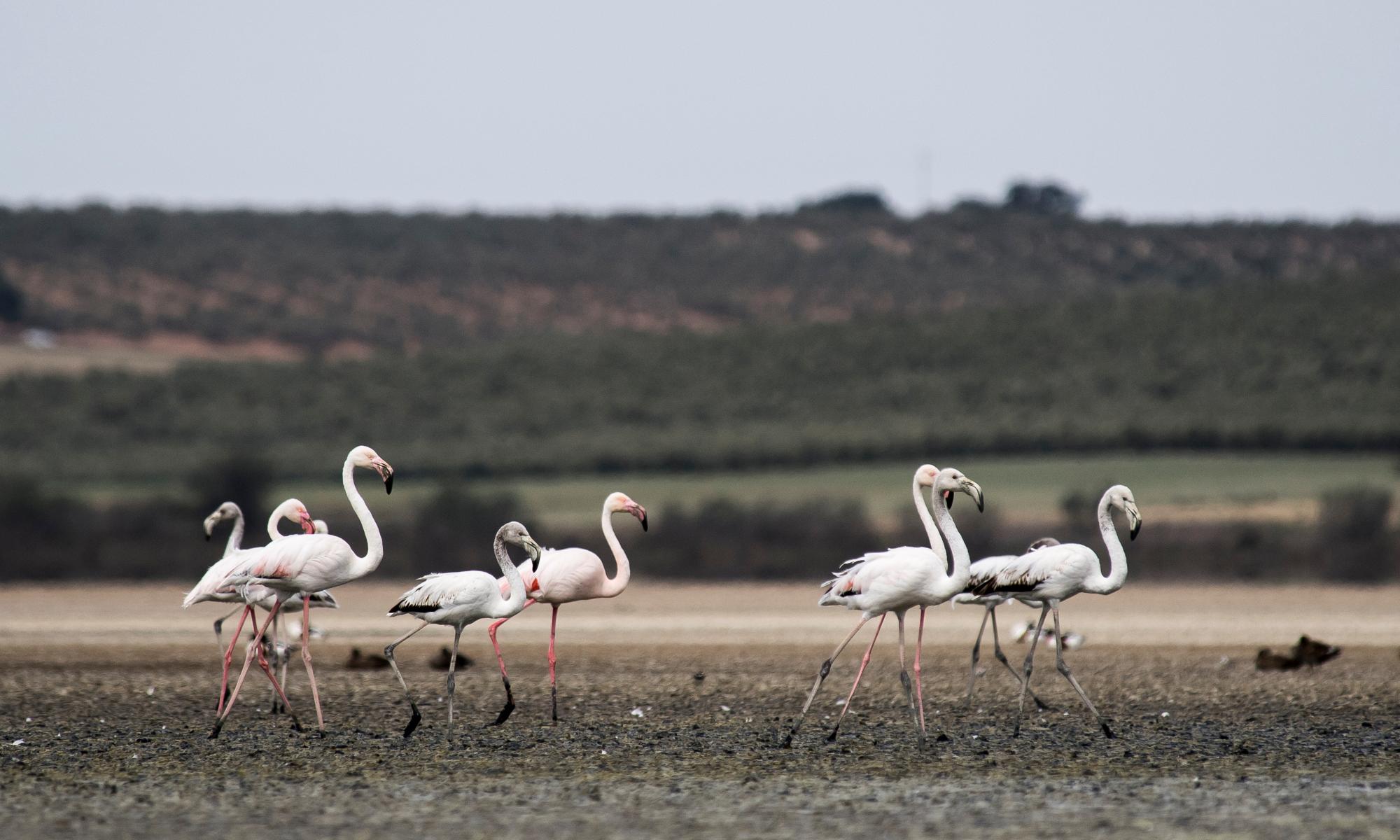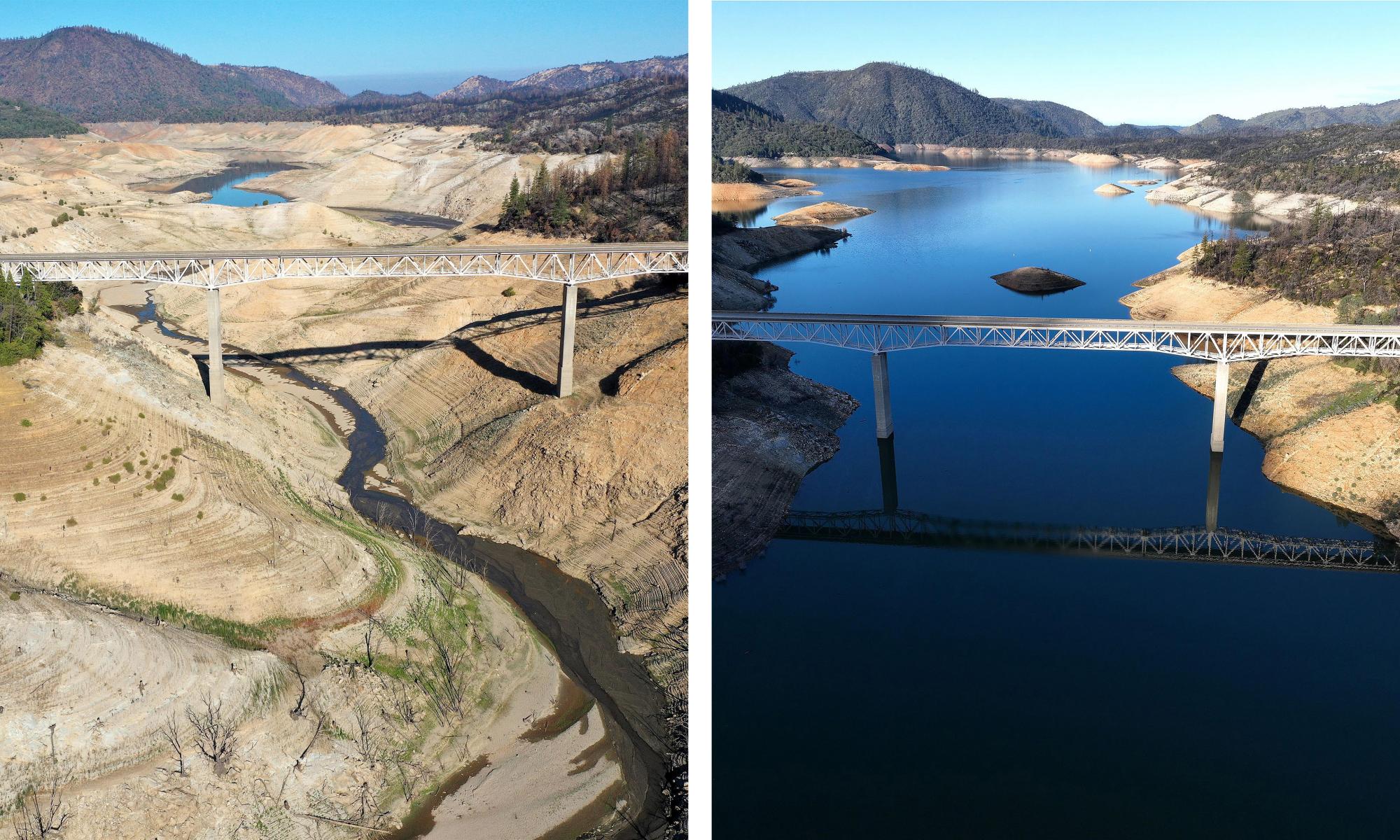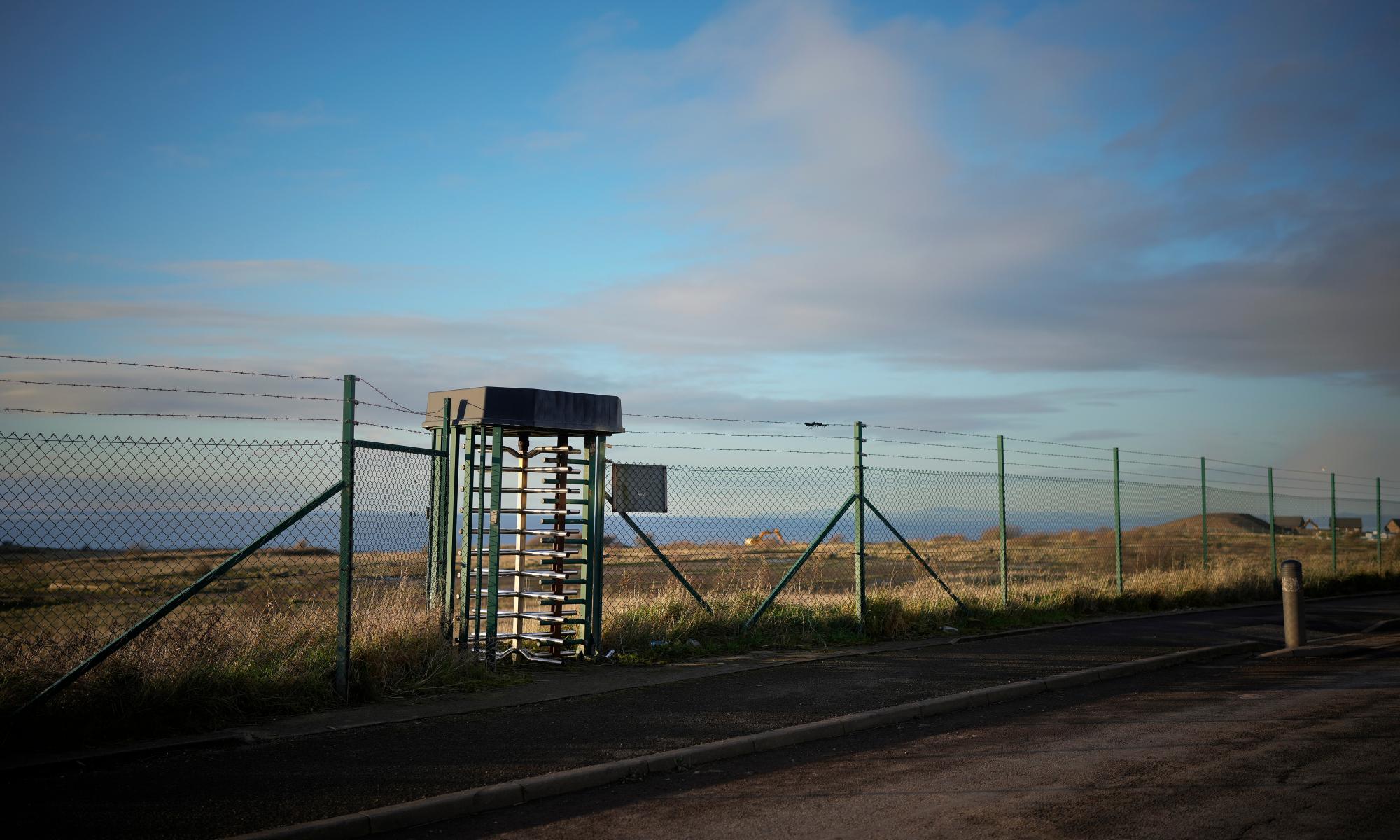Anthony Albanese has demanded the deputy prime minister and Nationals leader, Michael McCormack, apologise for observing that a lot of people “set their hair on fire” about climate change, given the recent experience of the catastrophic summer of bushfires.
The Labor leader said McCormack’s comment on Friday was “entirely inappropriate” given the government had conceded that climate change was one of the factors in the fires “that saw thousands of homes lost, that saw millions of hectares burnt, and that had a devastating impact on the communities of Queensland, New South Wales, Victoria, South Australia and Western Australia”.
“I’d say to Michael McCormack that he should reflect on those comments and retract them, and we need to be very careful about the language that we use,” the Labor leader said. “When it comes to climate change, it is real, we do need action.”
McCormack made the quip at a press conference in Canberra earlier in the day. Asked by a reporter whether he supported Australia adopting a target of net zero emissions by 2050, the Nationals leader replied: “It is 2020, we’re talking about 30 years in advance and a lot of people, I know, set their hair on fire about climate change and all the rest of it – yes, it’s important, for the farmers, it’s important, for their factories, it’s important.”
It is not the first time the deputy prime minister has decried community activism. Last November, McCormack railed against “inner-city raving lunatics” and “pure, enlightened and woke capital-city greenies” – people linking climate change and prolonged drought to bushfires.
On Friday McCormack said although addressing climate change was important, so were jobs “for here and now”. “What’s important is we continue on a path to lower emissions, and we’re doing that while at the same time not taxing farmers out of business and making sure as best we can [that] we can have a manufacturing industry, we can have people working in factories and industry and we’re not sending everything offshore to countries where they couldn’t care less about making sure they lower emissions.
“We’re doing it in a right and responsible way while at the same time protecting the interests that protect Australia.”
Climate change and the overhang from the bushfires will be a significant issue in the looming Eden-Monaro byelection triggered by the retirement of the Labor incumbent, Mike Kelly. Labor has preselected Kristy McBain, the Bega Valley shire mayor, as its candidate.
The Liberals are expected to settle on a candidate on Sunday. The party had hoped to field Andrew Constance, the New South Wales transport minister, but he withdrew after an acrimonious stand-off with John Barilaro, the deputy premier of NSW and state Nationals leader – who had wanted to switch to the federal arena for some time.
Barilaro blamed McCormack for failing to champion his candidacy.
The government has avoided committing to the net zero target despite being a signatory to the Paris agreement. The energy minister, Angus Taylor, said on Tuesday that signatories to the Paris agreement, including Australia, had agreed to hit net zero “in the second half of the century”.
But scientists say in order to meet the central Paris goal of keeping a global temperature rise this century well below 2C above pre-industrial levels, and to pursue efforts to limit the temperature increase to 1.5C – a commitment Australia adopted in 2015 – signatories need to hit net zero by 2050.
Major business groups, including the Business Council of Australia and the Ai Group, say Australia should adopt the net zero by 2050 target. Earlier this month the Ai Group called for the two biggest economic challenges in memory – recovery from the Covid-19 pandemic and cutting greenhouse gas emissions – to be addressed together, saying it would boost growth and put the country on a firm long-term footing.
Every Australian state has signed up to net zero emissions by 2050, and these commitments are expressed either as targets or aspirational goals.


